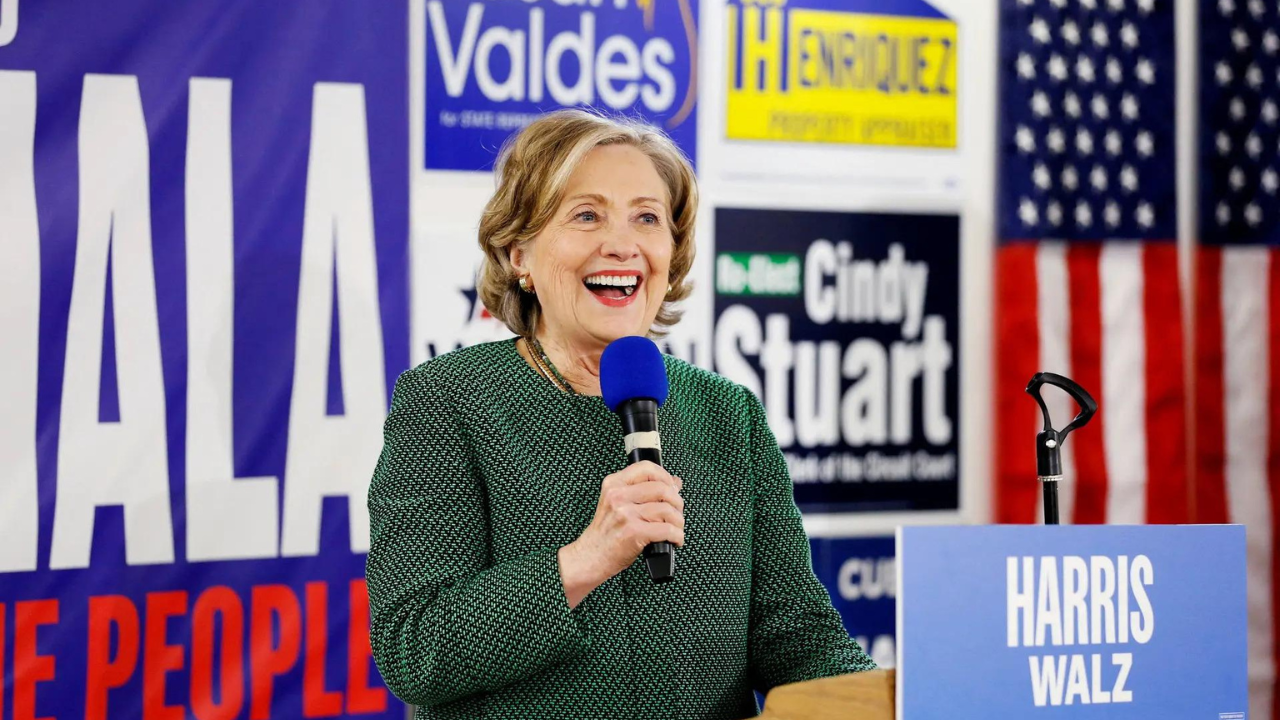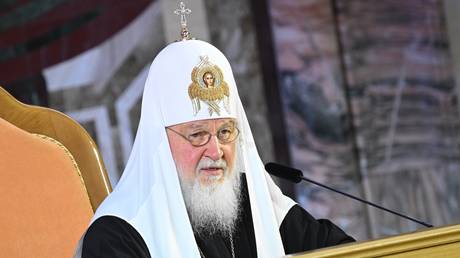ARTICLE AD BOX
THE US axed a shipment of 3,500 heavy-duty bombs bound for Israel over fears they would be used to hit Rafah.
Israeli tanks and forces entered the southern Gazan city yesterday after rejecting Hamas’s proposal for a ceasefire – but the US fears a large-scale assault is looming.
 Alamy
Alamy AP
AP Israeli PM Netanyahu risked sparking President Biden’s fury by invading Rafah despite warnings not to do soGetty Images - Getty
Israeli PM Netanyahu risked sparking President Biden’s fury by invading Rafah despite warnings not to do soGetty Images - Getty
The cancelled weapons shipment consisted of 1,800 2,000lb bombs and another 1,700 500lb bombs, a senior official has now revealed.
The official told CBS News that Israel had not “fully addressed” US concerns over the humanitarian needs of civilians in Rafah.
It was blocked last week by the Biden Administration who have repeatedly warned Israel not to invade Rafah over fears of mass civilian casualties.
At least 1.4million – more than half of Gaza’s population – are believed to be sheltering in the city after fleeing the fighting from elsewhere in the bomb-blitzed enclave.
Overnight, air strikes continued to devastate the crumbling city just hours after Israeli forces backed by tanks seized control of the Rafah crossing into Egypt.
The crossing served as the main corridor for aid into Gaza and The White House had condemned the interruption to humanitarian deliveries.
“The US position has been that Israel should not launch a major ground operation in Rafah, where more than a million people are sheltering with nowhere else to go,” it said.
Early on Tuesday, Israel kicked off what it called a “limited” ground offensive into Rafah despite international objections.
The move to invade Rafah risks dramatically widening the gulf between Israeli Prime Minister Benjamin Netanyahu and his key ally US President Joe Biden.
On Monday, Israel issued an order for 100,000 people to evacuate part of the city.
Hours later, Israel Defence Forces (IDF) began what it called “targeted” strikes against Hamas.
Netanyahu claimed that the assault on Rafah will serve Israel’s two goals – the elimination of Hamas and the return of hostages.
Within hours of what Israel predicted will be a six-week assault, the IDF said it had killed 20 Hamas operatives and located three “significant” tunnel shafts.
Dramatic footage captured onboard IDF tanks showed them crushing an “I Love Gaza” sign and troops raising Israeli flags at the Rafah crossing.
 AP
AP IDF
IDFWhat is happening with ceasefire negotiations?
ISRAEL on Monday night rejected a ceasefire proposal by Hamas and pushed on with its long-threatened assault into Rafah on Tuesday.
But where does that leave the ongoing truce talks?
There was a slither of hope on Monday night as senior Hamas officials said they had accepted a ceasefire deal – sparking short-lived but loud celebrations across Gaza.
However, Israel rejected their proposal, saying it fell short of “core demands”.
An Israeli official described Hamas’s announcement as “a ruse intended to make Israel look like the side refusing a deal”.
Israeli PM Benjamin Netanyahu has offered a 40-day truce and the release of thousands of Palestinian prisoners in exchange for the most vulnerable of Israeli hostages to be freed in terms deemed “very generous” by Britain and the US.
But Hamas refused to budge on their stance, stating that any agreement must involve the complete Israeli withdrawal from Gaza and permanent end to the war.
Israeli leaders have repeatedly rejected that trade-off, vowing to keep up their campaign until Hamas is destroyed.
As hope of a ceasefire hangs on by a thread, Israel sent a delegation to the talks in Cairo on Tuesday to try and reach an agreement.
 Getty
Getty Getty
GettyMeanwhile in Cairo, negotiators are still working to make good on their “last chance” to cement a ceasefire deal.
On Monday, Hamas announced it had accepted a ceasefire proposal brought forward by mediators Egypt and Qatar.
It prompted celebrations on the streets of Gaza, particularly Rafah, as Palestinians believed an end to the seven months of gruelling war was near.
However, Israel rejected the “impossible” proposal by saying it did not meet its “core demands”.
The negotiations will now continue as Israeli negotiators landed in Cairo for further hostage talks yesterday despite calling the latest proposal “far from Israel’s essential demands”.
A senior Hamas official warned this would be Israel’s “last chance” to free the scores of hostages still in the terrorists’ hands.
Washington said it was hopeful the two sides could “close the remaining gaps”.
“Everybody’s coming to the table,” US National Security Council spokesman John Kirby said. “That’s not insignificant.”
Defence Minister Yoav Gallant said Israel might “deepen” its Gaza operation if negotiations failed to bring the hostages home.
“This operation will continue until we eliminate Hamas in the Rafah area and the entire Gaza Strip, or until the first hostage returns,” he said in a statement.
Why does Israel want to invade Rafah?

ISRAELI tanks and forces invaded eastern Rafah on May 7 - despite ongoing ceasefire talks with Hamas.
So why does Israel want to storm the southern Gaza city?
Israel says Rafah is Hamas’s last major stronghold in the Gaza Strip after claiming its military has already dismantled 18 of Hamas’s 24 battalions.
Israeli Prime Minister Benjamin Netanyahu said: “We will enter Rafah because we have no other choice.
“We will destroy the Hamas battalions there, we will complete all the objectives of the war, including the return of all our hostages.”
The country believes Hamas has five battalions in Rafah and that its ground forces must move in to destroy them.
Hamas chief Yahya Sinwar, known as ‘Gaza’s Bin Laden’, is also believed to be holed up in tunnels beneath the city.
About 1.4 million Palestinians – more than half of Gaza’s population – have sought refuge in Rafah, having fled from cities, refugee camps, and villages further north.
Israel has said it will evacuate civilians from the city before invading – but the US and aid groups have warned it could be a bloodbath.
Israel’s military claims to have purchased 40,000 tents, each with the capacity for 10 to 12 people, to house Palestinians relocated from the city ahead of the assault.
 IDF
IDF AFP
AFP The IDF dropped leaflets over Rafah warning Palestinians to evacuate
The IDF dropped leaflets over Rafah warning Palestinians to evacuate Short-lived celebrations of Palestinians in Rafah after Hamas accepted a ceasefire proposal from Egypt and Qatar which was later rejected by Israel
Short-lived celebrations of Palestinians in Rafah after Hamas accepted a ceasefire proposal from Egypt and Qatar which was later rejected by Israel.png)
 6 months ago
5
6 months ago
5








 English (US)
English (US)